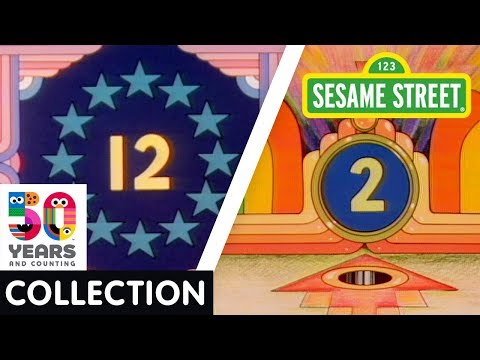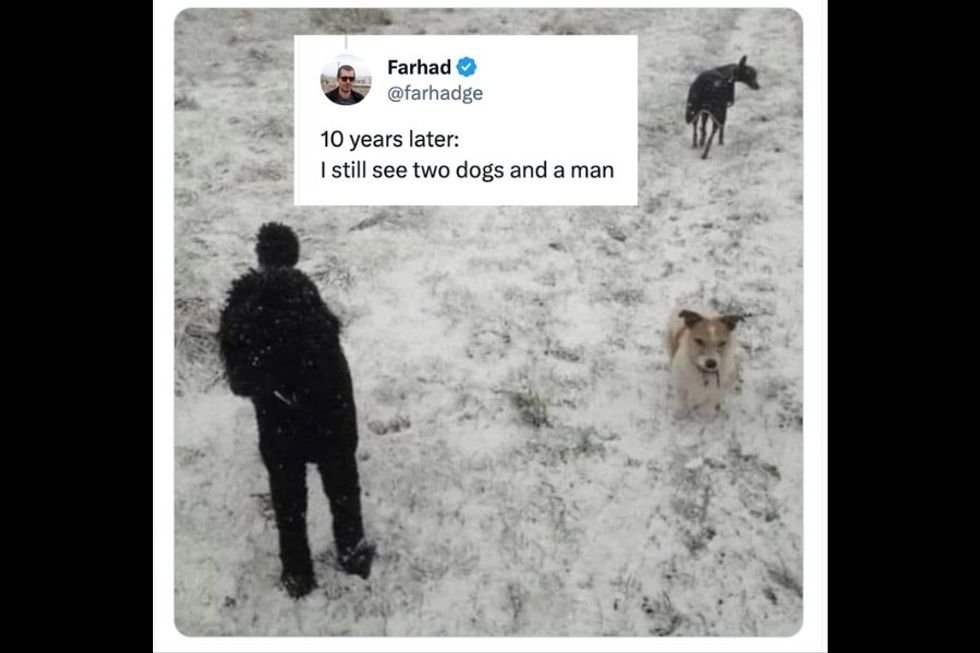Every young generation invents its own slang, much to the befuddlement of older folks who quickly tire of trying to keep up with constantly changing terminology. Remember Gen X’s “bogus” or “gnarly” or “grody to the max”? How about millennials with “basic” and “extra” and “clapback”? Gen Z is still going strong with “giving” and “eating” and “mid,” but even the older teens and young adults of Gen Z are beginning to feel their cool factor waning as Gen Alpha steps up to the plate.
Gen Alpha, born between 2010 and 2024, has arrived with a whole new vocabulary that parents of school-aged kids are scrambling to adjust to. Does anyone beyond high school age know what “skibidi” means? How about “sigma” or “gyat” or “Ohio”?
One group of people who have their fingers on the pulse of young folks’ language is teachers. When you’re immersed in tween and teen culture all day, you pick up some things, which is why Mr. Lindsay, a middle school teacher, shared a little Gen Alpha slang primer for the beginning of the school year.
“Mr. Lindsay here to remind you of some of the words that are coming to a classroom near you this fall,” he began. “Word number one—GYAT. Still going strong, okay? It does not mean, ‘Go You Athletic Teens,’ it does not mean ‘Get Your Act Together,’ it is a reference to a big butt, and when they say this they are referencing a big butt.”
“Next we have ‘skibidi,’ it’s alive and well,” Lindsay continued. “Are we any closer to a consensus on the definition of this word? Absolutely not. Some say it means something good, some say it means something bad. Most of them just use it as a filler word whenever they have the impulse to say it. Skibidi.“
How about “sigma”? Or “what the sigma”? Watch Mr. Lindsay explain:
The line between Gen Alpha and Gen Z can be blurry, and right now the cuspers between those two generations are in middle and high school—prime time for slang usage. Mr. Lindsay made another video demonstrating how a millennial teacher might try to relate to those students on the first day of school and it’s a masterclass in cringe cross-generational slang usage that somehow manages to slay.
Watch:
Others who work with young people confirmed that these terms are, indeed, alive and well among the tween set.
“These are now sliding down to the elementary grades as well. Teaching 3rd-5th grade vacation bible school this week and I’ve heard multiple skibidi and what the sigma references.”
“I took my soon to be first grader to a baseball camp this week. It was for 1st to 6th but it was mostly the younger kids. I laughed so hard when one of them yelled, “what the sigma?!”
“My 12 year old overheard me listening, ran in and said- you can’t listen to our stuff!!!! And tried to steal the phone. . I said what the sigma, Bro. He hates me.”
Parents are deeply appreciative of both Lindsay’s vocab lesson as well as demonstration of terminology they’ve heard from their kids and are reluctantly fluent in:
“This lowkey kinda ate and I hate that I understood it “
“Saying using your phone in class is giving pick me is the MOST effective way to stop it. Lol”
“My Gen Alpha kid overheard this and was like ‘BET.’”
“If everyone does this we can unalive this slang, no cap.”
“Why do I understand all of this?! Parent problems I guess.”
Millennials using Gen Z and Gen Alpha slang is endlessly funny. Social media creator Elle Cordova wrote a “first gen alpha poet laureate” poem using Gen Alpha slang in a poem written in the year 2060, and it’s perfection. (“Ohio” means weird/boring/bad, by the way.)
There ya go, parents. At least now you know what your kids are saying, sort of. And if you really want to impress and horrify your children, make these words a regular part of your own vocabulary and see how long they keep using them.






















